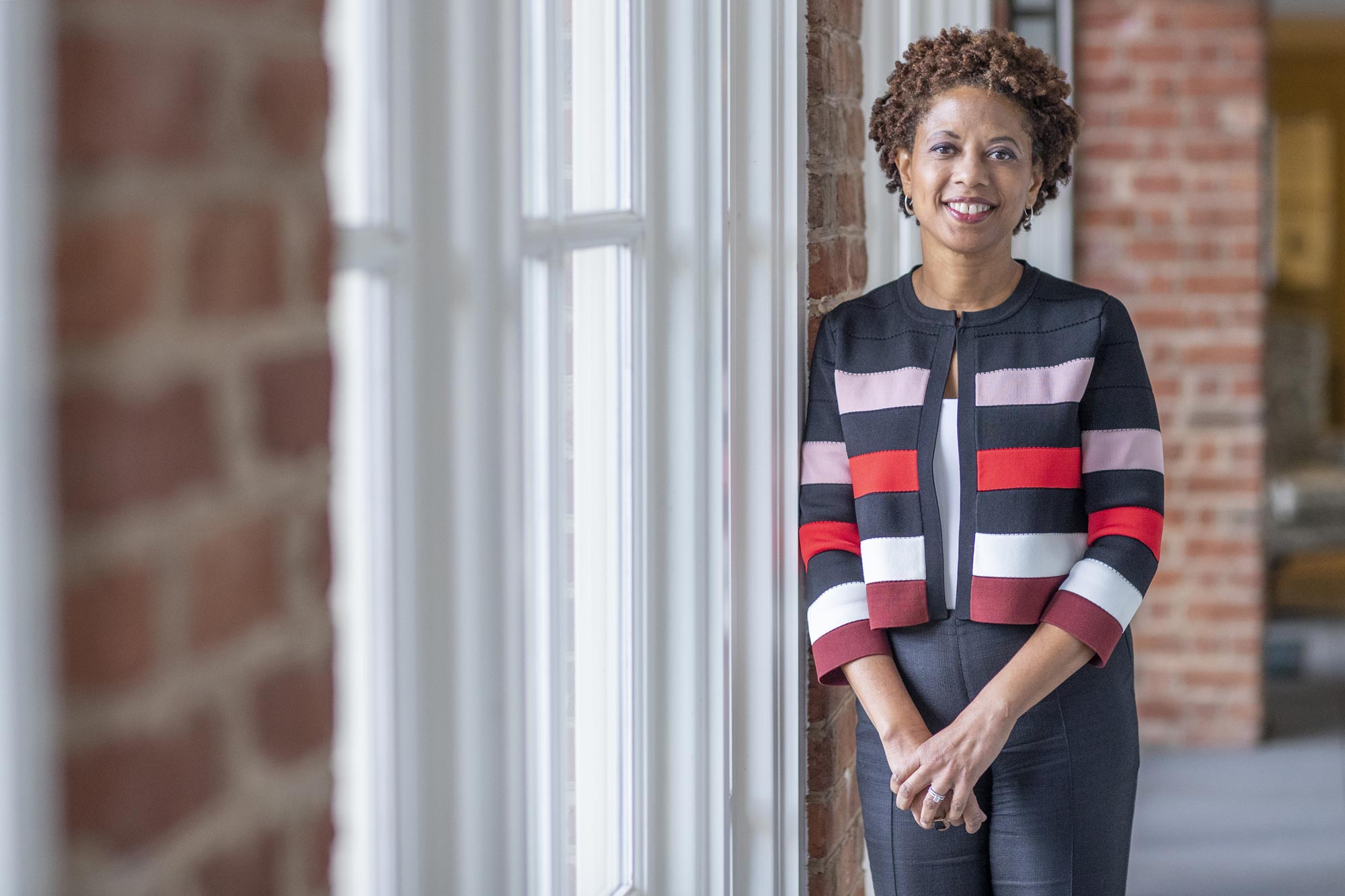Two years ago, the Patrick County Board of Supervisors wanted a local government “checkup” of sorts. How can the infrastructure be improved? What about economic redevelopment and broadband? How can the county better promote tourism?
Enter the Weldon Cooper Center for Public Service at the University of Virginia.
Experts at the Cooper Center’s Virginia Institute of Government helped Patrick County leaders pinpoint action items and measurable goals in areas including emergency services, tourism, recreation, quality of life, water, and the opioid epidemic.
This consulting work is invaluable to small, rural localities like Patrick County, which are often financially stressed with limited, overworked staffs.
Known for its research and practical work benefitting the commonwealth and local governments, the Cooper Center soon will become an even more important part of UVA’s growing focus on strengthening democracy at home and abroad.
University leaders announced that the Cooper Center will integrate into UVA’s Karsh Institute of Democracy in July.
“The Cooper Center has an outstanding record of supporting regional and local governance across the Commonwealth,” said Melody Barnes, executive director of the Karsh Institute. “Integrating the Cooper Center into the Karsh Institute will allow us to build national research and programming models based on the Cooper Center’s proven work fostering good governance, leadership, and resilience in Virginia.”












